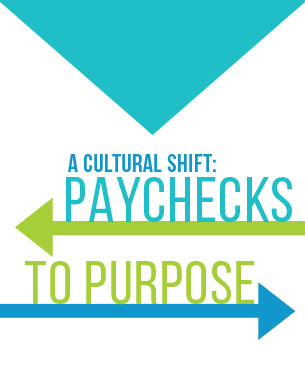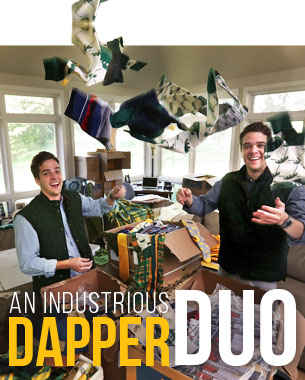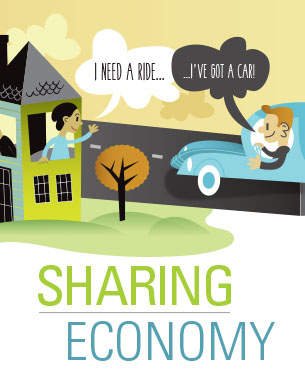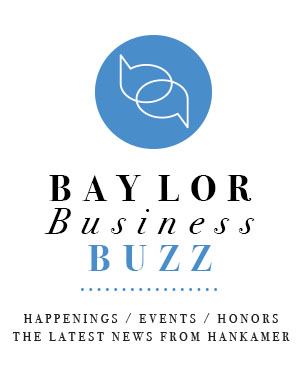A Cultural Shift: Paychecks to Purpose
By Manny Fernandez
Managing Partner
KPMG, LLP
Environment and experiences shape who we are and how we look at things including life and work. Each generation has its defining characteristics, and environmental factors have a lot to do with how people behave. Those generations who experienced World War I and World War II were trained to be dutiful and practical. They are apt to be conservative. In the 1960s, the Vietnam War and the draft emboldened rebellion to a certain degree. Today, businesses are inundated with references and insinuations about millennials, sometimes negative, and their role in today’s workforce. I have witnessed firsthand many millennials as hard working, committed and wanting to advance their careers. At the end of the day, humans will be humans, and employees will be employees.
Ultimately, I believe all generations innately desire to be treated fairly and have opportunities to grow. That’s the way I wanted to be treated when I started working, and that’s why I have stayed at KPMG as long as I have. I believe that today, just as it was when I was started my career, that’s how everyone entering the workforce wants to be treated. Perhaps one generational difference is millennials are demanding it. They are open to discussing it and asking for coaches and sponsors to help them navigate their career.
As an employer, you have to create an environment where people feel valued. Today, organizations have evolved to be more cognizant of employee needs. In fact, there’s been an organizational shift to understand those needs. Corporations’ leadership and human resources departments have gotten smarter about how to attract, retain, develop and promote good employees. It is our duty to help employees make the most of the job they have, and if we don’t, there will be turnover.
From a retention standpoint, to get our people to want to come to work everyday, employers need to do four key things:
- Make employees proud of the organization.
- Develop their potential.
- Treat them fairly both financially and as individuals.
- Provide fulfilling job opportunities.
My generation and prior generations thought about being loyal and collecting that paycheck. Employees today think about more than just their paycheck. They want to work and live with PURPOSE. We’re permitting our millennial employees to navigate their own careers as a two-way street. They’re driving the car instead of having someone drive for them. And that’s a great thing.
This cultural shift even applies to me. I’m 54 years old, and the way I approach my life and job in the last 10 years is very different than I have approached it previously. I think more about my own purpose at work and in my personal life. I’m learning from the cultural shifts KPMG has made, and I’m applying it to my life. At KPMG, we’ve built a culture where you think about your career goals holistically. In the past, you did a good job, and you got another assignment and then you got promoted. The older generation, including myself, has adjusted and learned to be more conscious and outspoken about their jobs and how it fits into their lives, instead of waiting to have stilted conversations at an annual review. Now, we’re talking about goals and objectives more, and it’s better for the workforce.
Ten years ago, our turnover at KPMG hovered around 25 percent. Today, it’s half that, largely because we’ve made efforts to be an employer of choice. Our employees aren’t leaving as often—millennials included—because we have been able to provide them an opportunity to live and work with purpose, in addition to a paycheck. This is an organizational culture shift, not a generational one.
![]()
Baylor Business Review, Spring 2017






